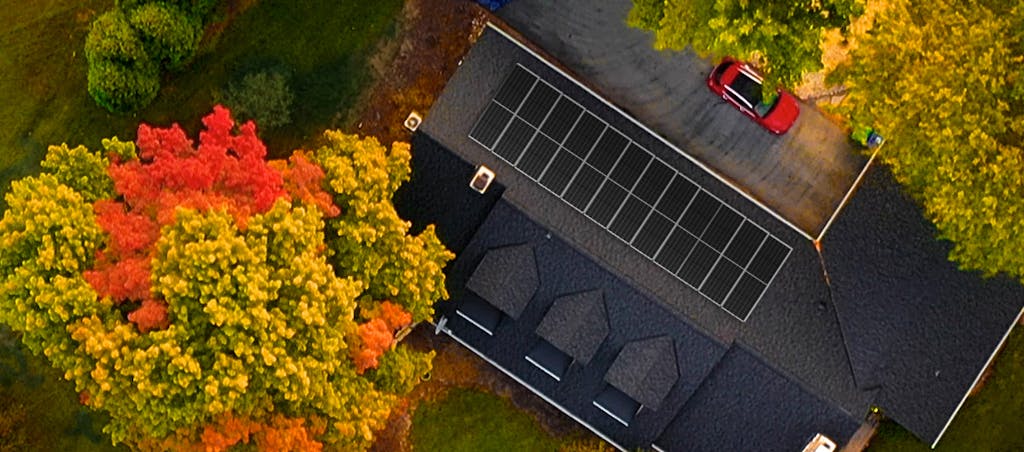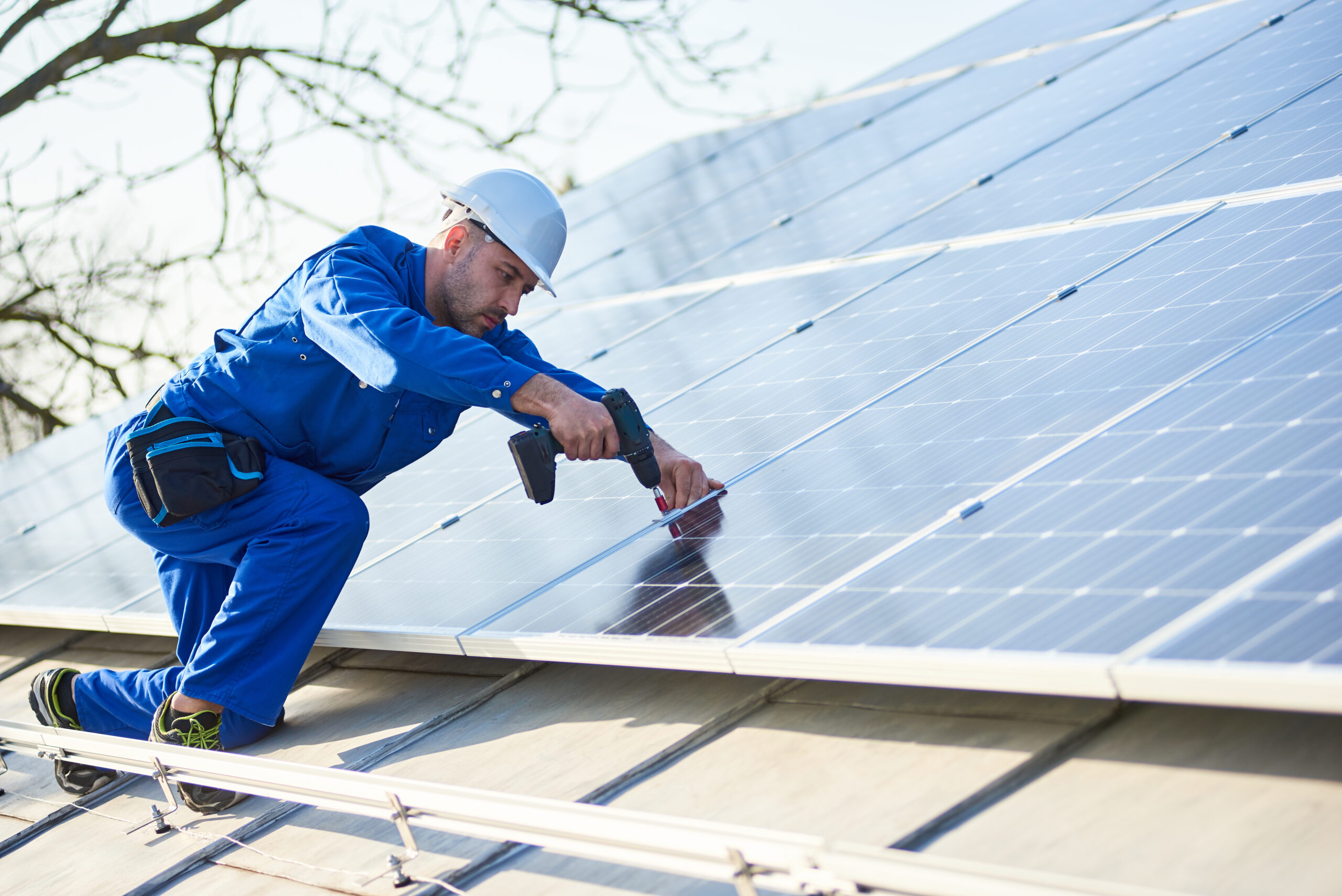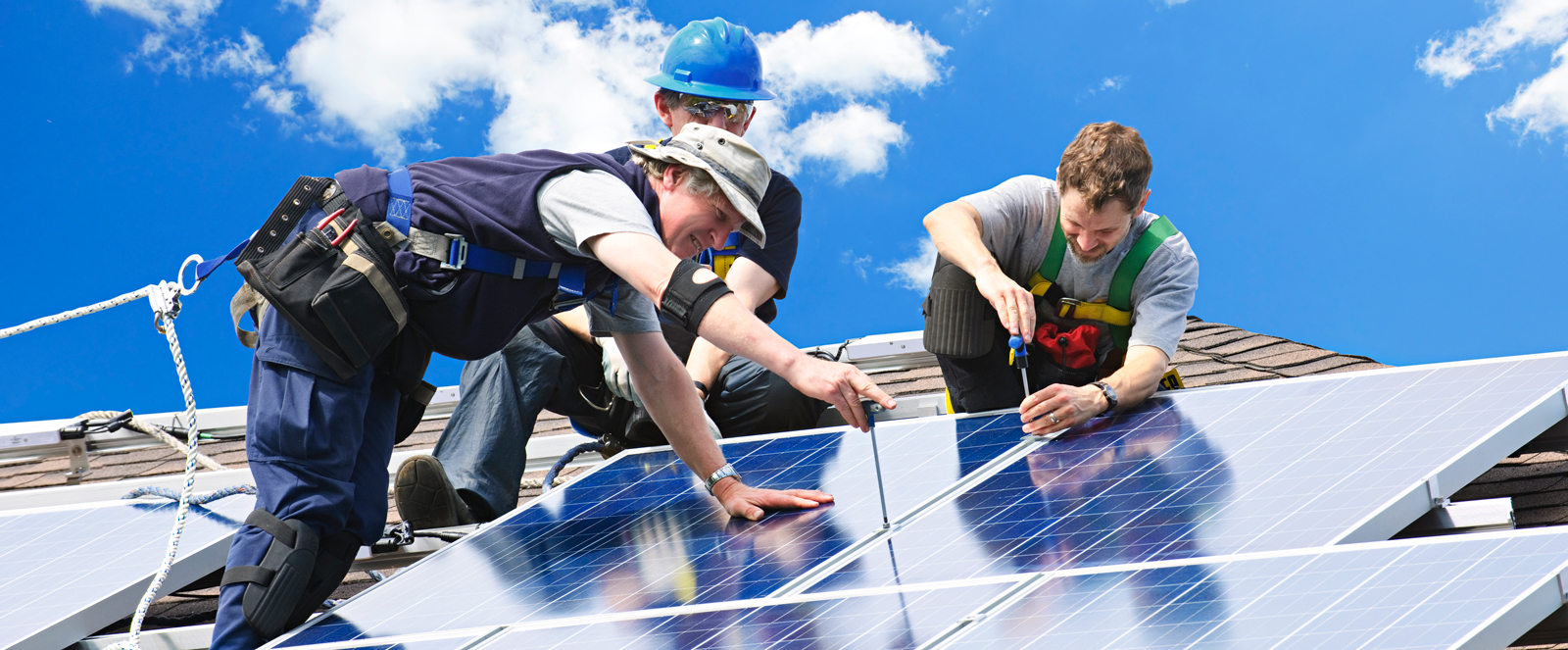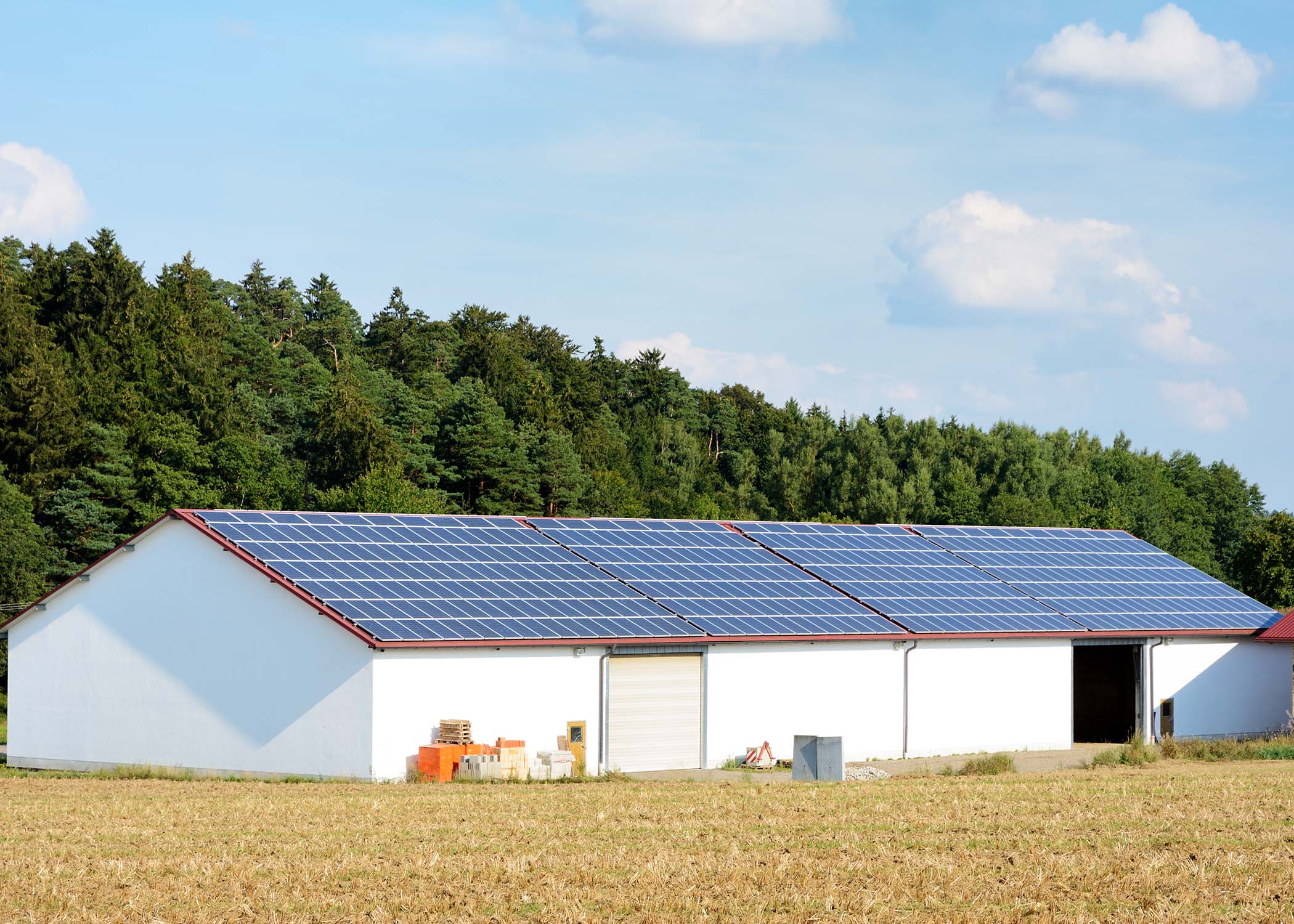When it comes to sustainable energy, California takes the lead in adoption rate and progressive policies. Solar panels have been common additions to old and new homes alike for some time in the sunny state.
Consequently, few people are surprised by the solar mandate in California. It is all part of California’s ambitious plan to reach 50% green energy by 2030.
However, even if your business doesn’t build in California, this may ultimately affect you too.
Federal Support for Green Energy
It’s unlikely that the federal government will create any solar mandates like the one California has.
Yet, President Biden is committed to preparing America to lower net emissions to zero by 2050. Some might say this is even more ambitious than California’s 2030 goal.
Biden’s approach focuses more on stimulating the economy and investing in green energy. Even so, there is a possibility that federal laws may move in favor of solar mandates or other green energy requirements.

Golden Example of Solar Mandate in California
California leads by example when it comes to progressive ideologies. Whether it’s being the first state to provide consumer data privacy or to protect ethnic hair in the workplace, California is often the volunteer guinea pig for progressive legislature.
Once something takes off, other liberal states follow. Consequently, if you do business in any liberal state, chances are the government officials there are contemplating following through with a similar mandate.

“Off-Grid” Popularity Across America & Failing Grid Infrastructures
An independent lifestyle, which has increasingly moved into the limelight, draws heavily on solar power and battery storage.
People no longer want to rely on governments to provide the basic infrastructure they require for their energy needs — more importantly, fewer people are willing to pay for it, especially after recent events.
We’ve seen mismanaged utility operations in both California and in Texas. Known for its costly fires and week-long blackouts, California struggles to meet residential energy needs due to its deteriorating utility infrastructure.
Elsewhere, a winter storm caused state-wide grid failure in Texas, leaving thousands of residents freezing and others with a $5,000+ utility bill. It’s no surprise that people are looking for ways to take control of their own energy needs and become more self-sufficient with independent energy solutions like solar.
Now to be clear, solar by itself will not make the homeowner immune to a grid outage.
Homeowners wanting protection against grid outages will need battery storage or a gas generator to truly be protected from outages.
The pro’s to battery storage is that the transition from the grid going down and the batteries kicking in is seamless (which could be important for critical appliances and devices).
The con is batteries are expensive.
The immediate and inexpensive alternative is a gas generator, but gas generators take 20-30 seconds to kick in and also introduce noise and additional fuel expenses.
What we recommend to homeowners and builders is to install a solar system that is primed and ready for battery storage, and add batteries later. That way homeowners can start to offset their monthly utility cost now, and get batteries in a couple of years when the costs have come down.
And while solar power has long been marketed as a liberal movement, it is becoming a popular choice in several conservative states as well:
- Texas
- Tennessee
- North Carolina
- Pennsylvania
Preference for Low-Cost Energy
With the cost of electricity rising each year, analysts predict that residential electricity bills will increase by 2.8% by the end of 2021.
Solar power requires investment upfront but pays for itself quickly by reducing or even eliminating your power bill. Because of this, more homeowners and politicians may be in favor of solar mandates like this across the country.

Californian Influence Across America
California is America’s most populous state, with a high cost of living. As more Californians move into nearby states, such as Arizona and Nevada, it may increase off-grid living popularity and lead to a greater push for more solar programs.
In fact, solar power was on the Nevada ballot last year. Nevadans voted for a 50% renewable energy standard, but they placed the burden on energy companies instead of individual homeowners.
The Solar Mandate in California: Bottom Line
California accounts for 40 million Americans and has one of the most migrant populations. Only time will tell how far its influence may spread when it comes to solar.
However, if its impact on the electric vehicle market is anything to go by, the solar mandate in California is likely to permeate into other states within the next few years.
At Unbound Solar, we are committed to helping all builders remain compliant and preparing for potential mandates.
Visit our Builder Partner page to discover how solar power installation can increase your business’ bottom line.



